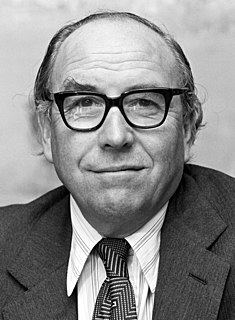A Quote by Dawn Foster
The impact of punitive government measures is long-lasting and widens inequality and social discord.
Quote Topics
Related Quotes
Generally the impulse to find justice through punitive measures can be a kind of quicksand. What James Whitman, the scholar I cite in the chapter of my book, talks about as an urge to level down, I think you see that everywhere. We're going to be a punitive society, so we might as well level out that punitiveness. Bankers and college swim stars and everyone face that same kind of wrath.
People from authoritarian, male-dominated, punitive families tend to vote for "strongman" leaders and for "hard" punitive policies (prisons, wars) rather than "soft" caring policies (healthcare, childcare). Not everyone from this background does. But many people do. And this conditioning can be exploited, as Trump's campaign did, especially in times like ours of economic, social, and technological upheaval.

































